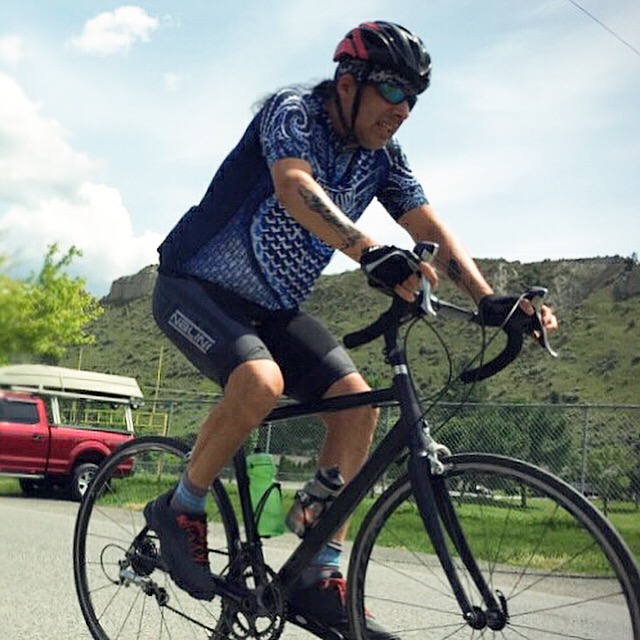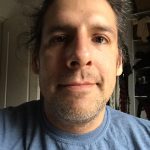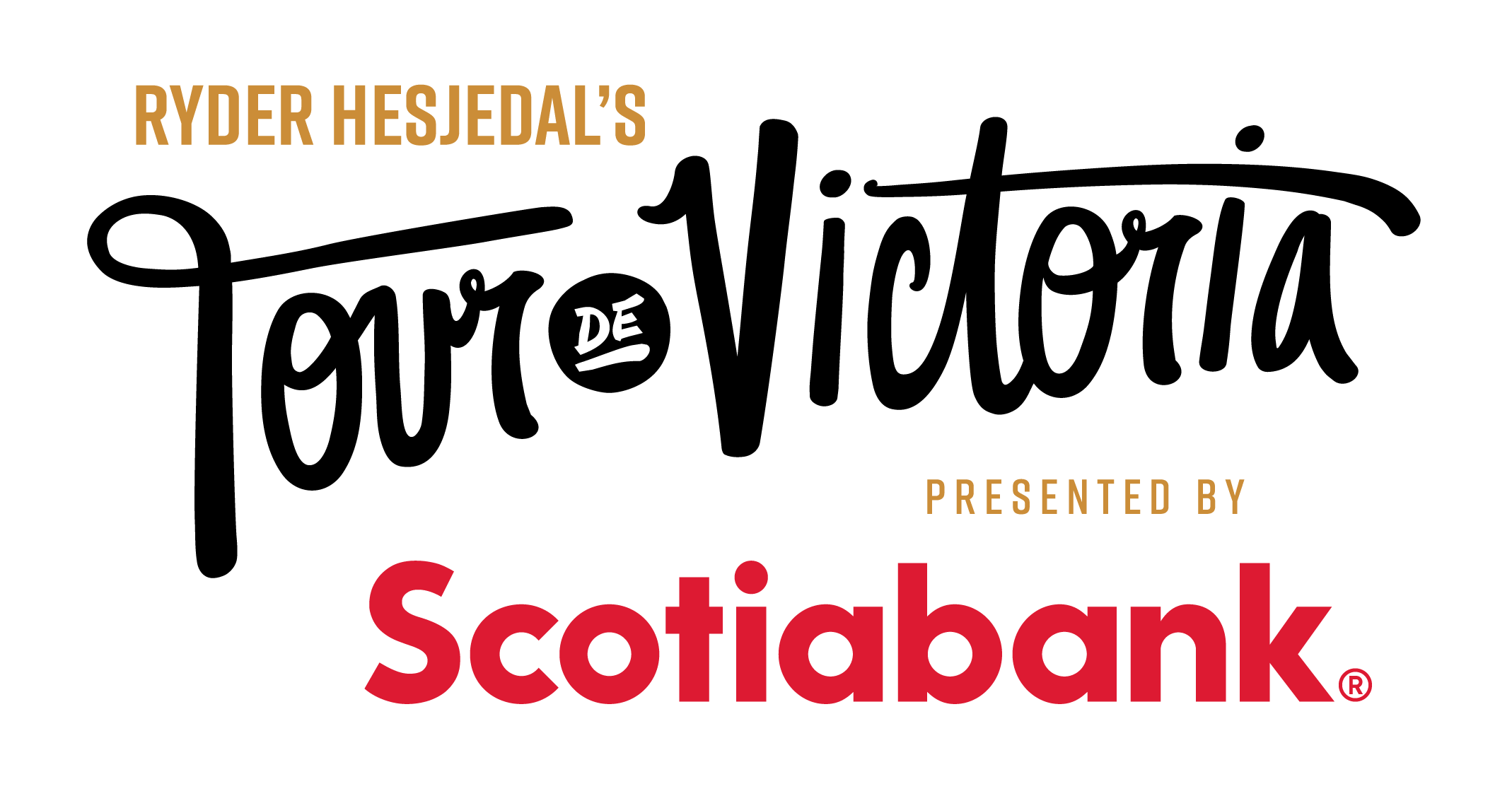T minus 30 days

I have had quite a brutal month of training and I have almost entered a state of despondency a couple of times. Working towards a goal like completing a big ride offers a lot of challenges along the way, both physically and mentally. Learning to overcome some of the mental challenges is an important part of preparing for a big event.
I love cycling, I love being outside cutting through the wind blasting at me, feeling the speed I have generated and watching the sun traverse across the sky as the distance increases with the effort I put into the ride. It’s when I feel the most free, the most happy and the most healthy. We are now approaching the dead of summer, and if you are like me, you are piling on the kilometres with your thoughts never too far from the impending event of the summer.
What happens when you find yourself frustrated and worried and it’s only a month to go until the Tour? What happens if you find yourself missing out on a ride or two for some unexpected reason? Do nagging doubts about your ability ever keep you on edge? Scared that you might not even finish?
I’d be lying if I said I hadn’t experienced all of this. My first ride in the Tour De Victoria was a big one. I made sure to challenge myself with a distance that would push my limits. It was an exhilarating decision, and one that I had to train for. This meant longer rides than I was used to. It meant going out and tackling hills and I definitely recall falling prey to some really bad, rainy weather. I felt like I had to prepare for the unexpected and unpleasant.
Along the way, I started to wonder if I was really up for the challenge. I saw so many riders who were really fast and on some very fast looking bikes. I spent too much time comparing myself to them. Wondering about my statistics stood up against others, I found ways to conclude that I was too slow, or that the route might be too long.
After a long ride, I would be pretty exhausted. Relaxing as hard as I could between snacks, I sometimes wondered if this was a sign that I wasn’t in good shape. A lot of this was very new to me, so I had a lot of questions that swirled around in my head.
Eventually, decisions needed to be made. I had to decide if I was doing this. I had to conclude that I had prepared enough and that I was ready. And the closer that the event got, the more I worked to make it possible.
Self-doubt is real. It’s a thing. It finds its way into our minds. If you are reading this, it’s very possible that you have chosen the Tour de Victoria and if you are like me, you have chosen to do something that you find very important in your life. You feel the need to compete against yourself, to cross the finish line and to know just how bad you want to do so. It’s a very symbolic finish line and one worth pursuing.
Congratulations to you! It’s just under a month to go. We’re starting to get pretty close now. So now is the time to get on the bike and get going, having fun along the way.
The Tour de Victoria is not a competition. It’s not a race and every time I have participated, I have never felt negativity from other riders. I have never felt judged for what I’m riding, what I’m wearing or what I look like. I have seen all kinds of people and bikes at the Tour and my reaction is one of pride and respect for my fellow rider. It’s amazing to see what people bring to an event like the Tour, by way of their ride or their uplifting and enthusiastic attitude.
As for me, there are a few guidelines on how to prepare for a big ride. I try to do what I can to stick with a training plan whatever that may be. For some, it means a fun, intentional group ride on the weekend. For others, maybe it means ditching the car and committing to a commute to and from work. I know that some people take a multi-sport approach where maybe a jog becomes part of the plan. For me, I tend to decide how many kilometers I want to ride in a week, and aim for that I also try to consider my food intake, keeping an eye on how I eat. I’m not a nutritionist and bodies have different needs, but generally speaking I’m looking for slow release carbohydrates for energy, protein to develop muscle mass and to recover from a workout, and healthy fats for a long lasting energy source. On top of that, it’s important to stay hydrated and to get quality sleep.
Appreciate that you have already come as far as you have with just under a month to go, which is still plenty of time to pile up a bunch of kilometers. Check out the route and try riding at least a few sections of it. Getting to know the course is very helpful and can help calm the nerves on the day of the event. There can be some parts of the ride that will be a bit technical. I’m thinking about Munn Road in particular. Other parts of it where a wrong turn means that I depend on other riders to get back on the route. Knowing where the ride takes you can be helpful in maintaining confidence. Last year there were people who were very helpful at the Trek Store where packages were picked up before the event in explaining where the most technical parts of the route were located.
In the end, you’re working towards something special. If you are doing your first or your fifth Tour, I think it is something to train for because it is something to be proud of. Enough internet for now, it’s a beautiful day for a ride. See you out there. It’s going to be a great day!

Mike Alexander is of Anishinaabe descent, originally from Swan Lake First Nation in Treaty #1 Territory. He is an emerging graphic novelist, contemporary painter and (extremely) amateur triathlete currently living in Kamloops, BC. Mike is a grassroots rider for Easton Cycling, and believes that diversity and inclusion in endurance sport is important.
